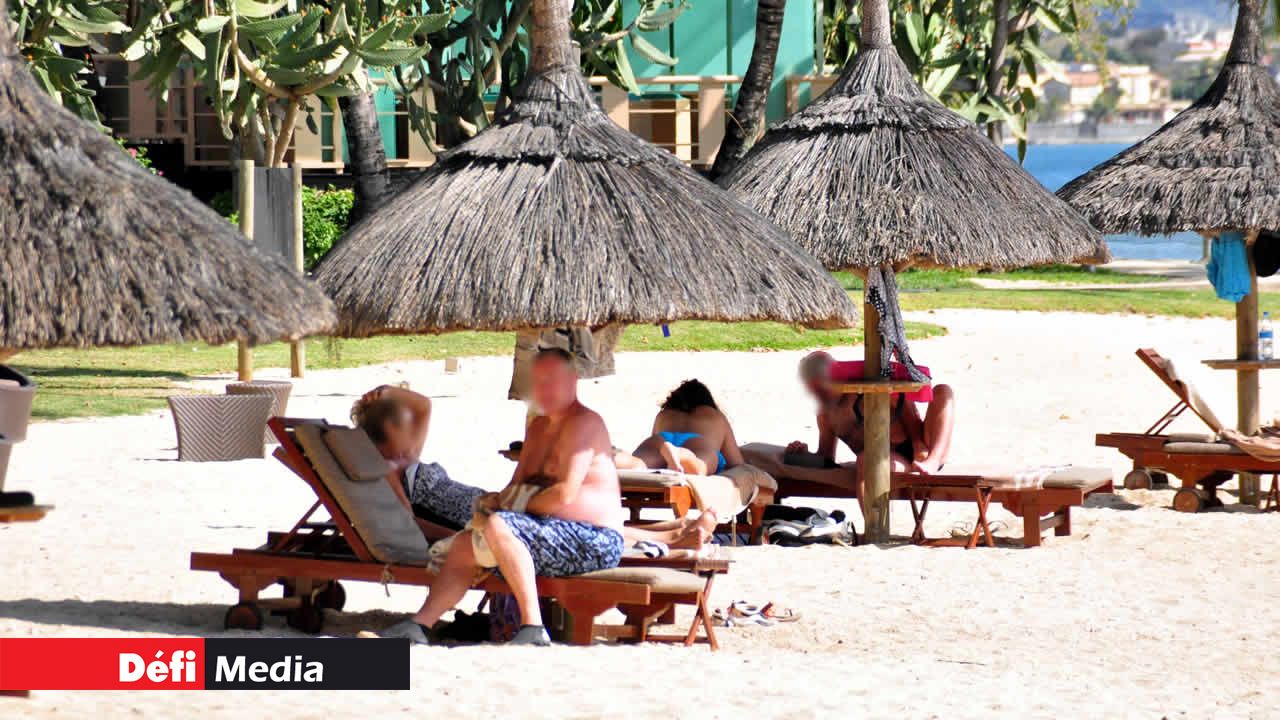
The Action Plan for Low Carbon and Resource Efficient Accommodation in Mauritius was launched on Thursday, at the Hennessy Park Hotel in Ebène. The Minister of Tourism, Anil Kumarsingh Gayan, was present. A capacity-building workshop under the Sustainable Tourism Value Chain project (STVCP) was also held on that occasion.
The Action Plan for Low Carbon and Resource Efficient Accommodation in Mauritius 2020–2030 has been drawn up by the Travel Foundation, UK, after comprehensive consultations with various stakeholders in the tourism sector. The recommendations are based on an analysis on the tourism value chain and the Plan sets out activities for a sustainable use of energy and for the reduction of waste with a view to minimising carbon emissions in the accommodation sector.
In his address, Minister Gayan stated that the STVCP, initiated by the UN Environment in collaboration with the Ministry of Tourism, was launched in October 2017 with the aim of making the tourism sector resource efficient in a low carbon environment. Mauritius, he emphasised, is committed to the project, which will help to contribute in achieving many of the Sustainable Development Goals adopted at the UN General Assembly in 2015.
With regard to climate change, the Minister indicated that it is an alarming issue which is of utmost concern and no country can remain insensitive to the vagaries of extreme weather conditions around the world. Climate change, he highlighted, represents a major global threat and is even more acute for Small Island Developing States like Mauritius. Referring to the World Risk Report 2018, he pointed out that Mauritius is ranked as the 16th country with the highest disaster risk and the 10th most exposed to natural hazards.
Speaking of Government’s commitment to promote a sustainable environment, Mr Gayan underlined that Budget 2019-2020 announced a series of measures in that regard. These include: Ban of incandescent lamps of 50W and 75W; removal of 50% excise duty on non-fossil outboard motors; subsidisation of acquisition of fully electric buses; and, reduction of excise duty from 25% to 15% on electric cars and five to 15% on plug-in hybrid cars.
The Action Plan therefore, the Minister stated, is an important tool which will create awareness among tourist operators to adopt sustainability policies. It gives a comprehensive view of current practices by the various stakeholders and sets the appropriate platform to achieve more instead of operating in silo. Mr Gayan expressed optimism that stakeholders will benefit from this Action Plan which aims at minimising carbon emissions and tourism footprint.
The hotspots that have been identified are: High electricity consumption, food wastage, lack of waste infrastructure and pollution emanating from single use plastic products. Against these hotspots, a list of proposed actions was produced, containing evidence-based solutions that have been conducted in other countries around the world and further consultations helped to define two priority areas, namely energy and waste.
 J'aime
J'aime














